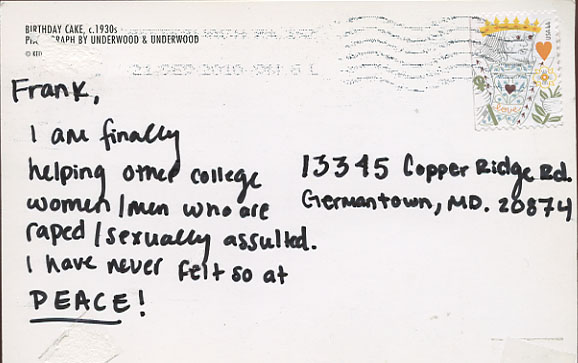As reality television has taken a hold on worldwide audiences, we have seen the rise of nearly every kind of show you could imagine. From feats of strength to incredible tests of willpower, unfamiliar conditions to intolerable housemates, we put reality television stars through inconceivable things. But should they have to endure sexual assault? That’s the question sweeping the globe as news of the potential rape of a cast member on the Brazilian version of the television show “Big Brother” comes to light. The contestant in question, 23-year-old Monique Amin, was shown on live videotape being subjected to what appeared to be rape by her housemate, 30-year-old Daniel Echaniz. The video shows the woman passed out after a long night of drinking, and Echaniz getting into bed with her. The next seven minutes show movement underneath the blanket evocative of sexual activity — but Amin barely stirs. She does not react when Echaniz gets into bed, nor when he leaves, and any movement during the act appears to be a direct result of Echaniz’s movement. The next morning, Amin was questioned about the incident in the confessional set up for contestants, and appeared to know almost nothing about what had happened. She expressed confusion about the occurrence, as well distress at the fact that she had gotten so intoxicated she couldn’t remember anything. She is quoted by The Guardian as saying “We kissed, I remember one kiss, he said there were two…Sex?…No. Only if he was a real scumbag and did it while I was sleeping.” Seven minutes for two kisses? Seems unlikely. When Amin approached Echaniz about the incident, he informed her that they had “only kissed” and advised her to “let it go.” Even more startling, the petition site Change.org reports that Amin has not been allowed access to the tapes of the event, and told very little about what actually happened.
Though Echaniz was found guilty of “inappropriate behavior” following a police investigation and removed from the show, there are still many who call for some accountability on the part of Globo Network, the company that produces the show. How is it possible that the cameras could capture a relatively prolonged sexual assault, and nothing was done about it? No staff member was sent in to check that the act was consensual? Yes, reality television is a bizarre world, in which many contestants, including those on Big Brother Brasil, are encouraged to do outrageous things. “The company has often been criticized for ‘baiting’ its contestants with alcohol and thrusting them into situations seemingly designed to cause conflict” says The Telegraph. However, there must be a line drawn. When something looks like sexual assault, it must be assumed that it is sexual assault rather than the opposite. In a house full of cameras, how was an assault allowed to go on unimpeded? It would seem to be an implied value of civilized society to prevent our fellow man from being raped for our entertainment. So why, then, did television ratings become more important than the safety of a young woman, if only for a brief period of time?
Currently, Amin denies that she was raped and does not wish to press charges. She was medically examined following the incident, but details of the examination have not been made public. Police chief Ricardo Nunes stated that his department had collected the underwear worn by Amin and Echaniz, and would assess the state of the sheets for semen traces as well as evaluate the video footage based on the testimonies of the contestants. But is this enough? Reactive investigation would not have been necessary if somebody from Globo Network had prevented this shocking incident from happening in the first place. While reality television is often criticized for dehumanizing contestants to allow them to better serve as entertainment, this incident takes that to unimaginable lengths. While it may not be true that the producers were aware of the assault and allowed it to happen, or even staged it for publicity purposes, there should’ve been far more precautionary measures to prevent it from happening in the first place. Women, especially women whose lives are broadcast to thousands of viewers, should not have to fear rape as the result of excessive drinking. It is time for Globo Network producers to question their actions as well as the continued existence of such television shows, and perhaps time for us as viewers to question exactly what we can do to stop the runaway train of reality television.


